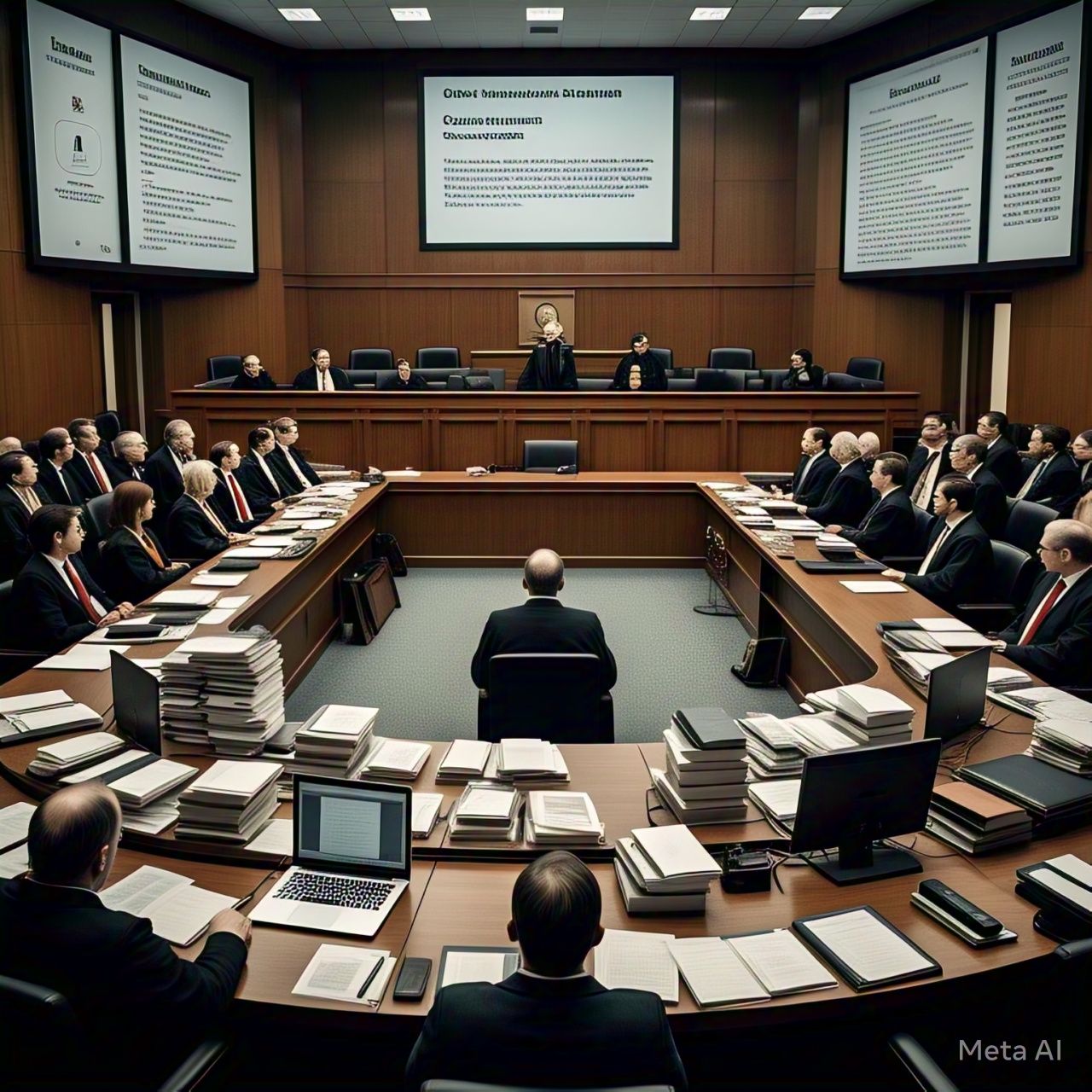Table of Contents
- Introduction
- Why Web Scraping Legal Cases Matter
- Key Legal Cases in Web Scraping History
- 3.1. HiQ Labs v. LinkedIn (2017–2022)
- 3.2. eBay v. Bidder’s Edge (2000)
- 3.3. Facebook v. Power Ventures (2009)
- 3.4. Ryanair v. PR Aviation (2015)
- 3.5. Associated Press v. Meltwater (2013)
- The Legal Precedents Set by These Cases
- How These Cases Impact Businesses and Developers
- Best Practices to Avoid Legal Issues
- FAQs
- Conclusion
1. Introduction
Web scraping has become a crucial tool for businesses, researchers, and developers. However, several high-profile legal battles have shaped the boundaries of what is considered legal and ethical in web scraping. These cases have established critical precedents, impacting businesses and influencing global data protection laws.
2. Why Web Scraping Legal Cases Matter
Legal disputes around web scraping have far-reaching consequences, including:
- Defining the legality of scraping public vs. private data
- Shaping anti-scraping policies and website terms of service enforcement
- Determining what constitutes unauthorized access under computer laws
- Setting regulatory frameworks for online data collection
3. Key Legal Cases in Web Scraping History
3.1. HiQ Labs v. LinkedIn (2017–2022)
Case Summary:
HiQ Labs, a data analytics company, scraped publicly available LinkedIn profiles for HR insights. LinkedIn attempted to block HiQ and cited the Computer Fraud and Abuse Act (CFAA), claiming unauthorized access.
Court Rulings:
- The U.S. Court ruled in favor of HiQ, stating that scraping publicly accessible data does not violate CFAA.
- The ruling was seen as a major win for open data access.
Impact:
- Established that publicly accessible web data can be legally scraped.
- Limited the power of companies to enforce anti-scraping measures on public data.
3.2. eBay v. Bidder’s Edge (2000)
Case Summary:
Bidder’s Edge scraped eBay’s auction listings and aggregated data for users. eBay sued for trespass to chattels, arguing that automated scraping harmed its servers.
Court Rulings:
- The court ruled in favor of eBay, emphasizing that excessive scraping can constitute trespassing on digital property.
Impact:
- Created a precedent that massive web scraping can be considered harmful and illegal.
- Encouraged websites to implement anti-scraping technologies.
3.3. Facebook v. Power Ventures (2009)
Case Summary:
Power Ventures encouraged users to access Facebook accounts via third-party applications. Facebook claimed that bypassing technical barriers (IP blocks, fake logins) violated CFAA.
Court Rulings:
- Courts sided with Facebook, ruling that Power Ventures’ actions constituted unauthorized access.
- CFAA violations were applied, reinforcing criminal liability for unauthorized scraping.
Impact:
- Set a precedent for legal consequences of circumventing security measures.
- Strengthened website enforcement of anti-scraping rules.
3.4. Ryanair v. PR Aviation (2015)
Case Summary:
Ryanair sued PR Aviation, a Dutch price-comparison platform, for scraping flight prices in violation of terms of service.
Court Rulings:
- The European Court of Justice ruled that terms of service can legally prohibit web scraping if properly enforced.
Impact:
- Strengthened contract law as a tool against web scraping.
- Encouraged businesses to enforce strict terms of service policies.
3.5. Associated Press v. Meltwater (2013)
Case Summary:
Meltwater, a media monitoring company, scraped and redistributed Associated Press news articles without licensing fees.
Court Rulings:
- The court ruled against Meltwater, emphasizing that scraping and republishing copyrighted content is illegal.
Impact:
- Established that copyright laws fully apply to web scraping.
- Encouraged digital publishers to implement paywalls and legal protections.
4. The Legal Precedents Set by These Cases
| Legal Principle | Key Cases | Impact |
|---|---|---|
| Scraping public data is not illegal | HiQ Labs v. LinkedIn | Opened opportunities for businesses using public data |
| Scraping can be trespassing on digital property | eBay v. Bidder’s Edge | Websites gained legal standing to block scrapers |
| Bypassing security measures is a CFAA violation | Facebook v. Power Ventures | Increased criminal liability for unauthorized scraping |
| Terms of service can restrict scraping | Ryanair v. PR Aviation | Businesses must properly enforce their policies |
| Scraping copyrighted content is illegal | Associated Press v. Meltwater | Strengthened copyright protections in digital content |
5. How These Cases Impact Businesses and Developers
- Businesses must protect their data using legal agreements, CAPTCHA, and authentication measures.
- Developers must follow ethical scraping practices by respecting
robots.txt, using APIs, and complying with data privacy laws. - Legal battles may continue evolving as AI-driven scraping grows.
6. Best Practices to Avoid Legal Issues
| Best Practice | Why It Matters |
Check robots.txt and API availability | Ensures compliance with website policies |
| Avoid scraping personal data | Prevents violations of GDPR, CCPA, and CFAA |
| Do not bypass security measures | Avoids legal risks associated with unauthorized access |
| Use licensed or permitted data | Reduces risk of copyright infringement |
| Monitor legal developments | Stay updated on changing laws and regulations |
7. FAQs
Q1: Can I scrape public data legally?
A: Yes, as seen in HiQ Labs v. LinkedIn, scraping publicly available data is generally legal unless restricted by other laws.
Q2: What happens if I ignore robots.txt?
A: While not legally binding, ignoring robots.txt can lead to IP bans, legal warnings, or lawsuits if tied to a company’s terms of service.
Q3: Is scraping personal data legal?
A: No, scraping personal data without user consent violates GDPR, CCPA, and CFAA.
Q4: How can I scrape data legally?
A: Follow ethical guidelines, use APIs where available, avoid copyrighted or personal data, and review website policies.
Q5: Can scraping copyrighted content be considered fair use?
A: Rarely. As seen in Associated Press v. Meltwater, scraping and redistributing copyrighted material is not protected under fair use.
8. Conclusion
Legal battles have shaped the future of web scraping, making it crucial for businesses and developers to stay compliant with evolving regulations. While scraping public data is often allowed, accessing private, copyrighted, or restricted data can result in severe legal consequences. By following best practices and legal guidelines, companies can leverage web scraping responsibly and avoid potential lawsuits.




